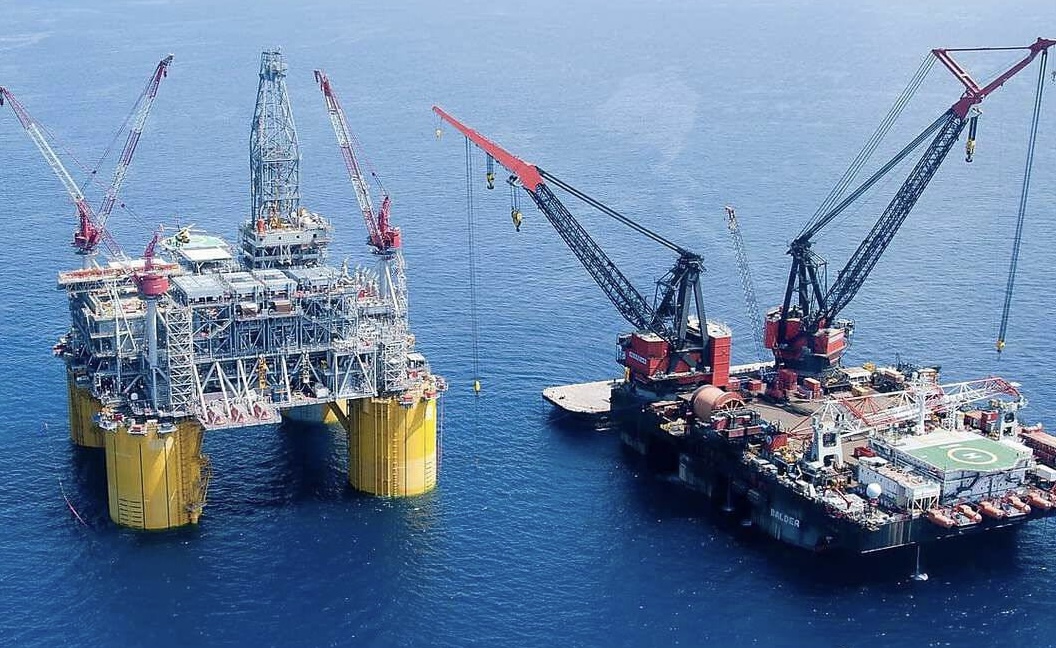KEY POINTS
- Nigeria’s $8 billion energy investment surge followed reforms to fiscal terms, local content rules, and gas-to-power incentives, reversing years of investor hesitancy.
- Local firms now control 83% of gas projects, with landmark deals like Renaissance’s Shell acquisition and the Dangote Refinery reshaping Africa’s energy ownership landscape.
- Despite progress, infrastructure decay and oil theft remain hurdles, necessitating innovative financing from African institutions to sustain momentum.
Nigeria’s energy sector has unlocked over $8 billion in deepwater and gas-related investments within a single year, marking a dramatic turnaround for an industry long hampered by regulatory uncertainty and fiscal bottlenecks.
The announcement, made by Olu Verheijen, Special Adviser on Energy to President Bola Tinubu, at the 2025 Africa CEO Forum in Abidjan, Côte d’Ivoire, signals renewed global confidence in Africa’s largest economy.
Verheijen attributed the milestone to President Tinubu’s sweeping reforms, including revised fiscal terms for oil and gas projects, accelerated contract approvals, clarified local content rules, and power sector overhauls to boost gas-to-power viability. “We moved from gridlock to greenlight, and investors responded,” she told policymakers and industry leaders, emphasizing Nigeria’s push to transition from “appeals for support” to becoming “an investment destination by design.” A statement from her office, shared with the News Agency of Nigeria (NAN), highlighted a 14% rise in indigenous equity in gas projects—from 69% to 83%—as evidence of a “seismic shift in ownership and control of Africa’s energy future.”
Local champions rise as global energy giants retreat
As International Oil Companies (IOCs) like Shell divest from onshore assets, Nigerian firms are stepping into the void. Verheijen spotlighted homegrown players such as Seplat, Oando, and Renaissance Africa Energy Consortium, which recently acquired Shell’s onshore joint venture. “This isn’t just a transaction—it’s a symbolic transition from colonial-era concessions to indigenous control,” she declared.
The $2.4 billion Shell deal, finalized in January 2025, transfers operations of 15 oil fields and 3,000 wells to Renaissance, a consortium backed by Nigerian pension funds and private equity.
The Dangote Refinery, a 650,000-barrel-per-day mega-facility financed entirely by African capital, underscores this trend. Operational since late 2024, it has slashed Nigeria’s reliance on imported fuel by 40%, saving an estimated $6 billion annually. “This refinery was built by African hands, African ambition, and African risk-taking,” Verheijen said, urging African investors to dominate “onshore, shelf, and domestic gas” sectors where local expertise mitigates risks.



